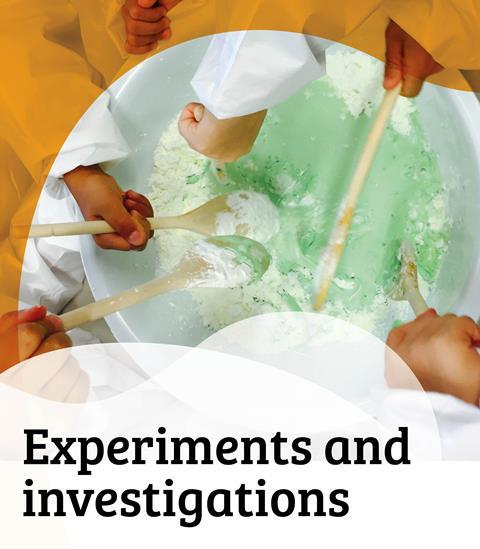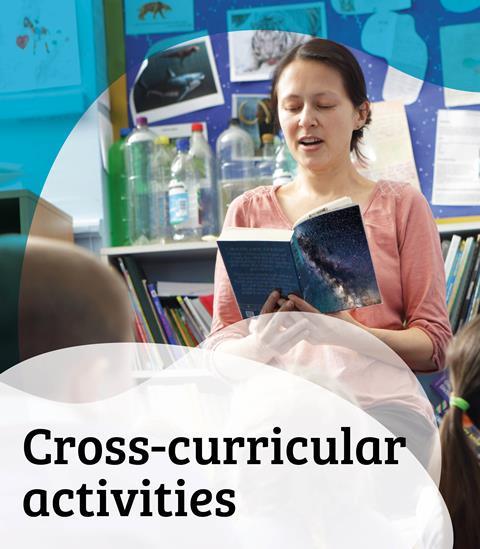Learn about bacteria and how to stop food spoiling with this short podcast
Produced by FunKids Radio and the RSC, this short snippet uses Kareena and her superhero friend K-Mistry to introduce children to bacteria and how to stop food spoiling.
This podcasts can be used as a ’hook’ when introducing the topic to your students, or at the end of a lesson to stimulate discussion about what they have learnt.
If you teach primary science, see the headings below to find out how to use this resource:
Skill development
Children will develop their working scientifically skills by:
- Selecting and planning the most appropriate ways to answer science questions, recognising and controlling variables where necessary, including:
- Observing changes over different periods of time
- Carrying out comparative and fair tests
- Drawing conclusions and raising further questions that could be investigated, based on their data and observations.
- Using appropriate scientific language and ideas to explain, evaluate and communicate their methods and findings.
Learning outcomes
Children will:
- Describe how living things, including micro-organisms, plants and animals, are classified into broad groups according to common observable characteristics and based on similarities and differences.
Concepts supported
Children will learn:
- That bacteria are alive and they are responsible for why foods spoil.
- That lowering the temperature reduces the activity of bacteria, but doesn’t kill them.
Suggested activity use
This activity would be useful at the end of an investigation into why foods are frozen, and if all foods are suitable to freeze. Children could carry out an investigation, using their knowledge of bacteria and their roles in decomposing foods, to predict why foods don’t decompose in cold temperatures. The recording could then be played after all results have been collected, as an explanation of what the children have found out.
Practical considerations
You will need a range of different foods, including fruit, for the investigation.
You will need access to a fridge or freezer in order to lower the temperature of the food and bacteria.
The investigation could take several weeks to complete, but provides excellent opportunities for children to observe changes over extended periods of time.
Downloads
Kitchen K-Mistry - fast fact: big freeze!
Audio | Other, Size 2.1 mb
Kitchen science podcasts

Use these short podcasts to introduce children to the chemistry all around them in their kitchen.
- 1
- 2
- 3
- 4
- 5
 Currently
reading
Currently
reading
Bacteria and foods
- 7
- 8
- 9
- 10
- 11
- 12
- 13
- 14
- 15
- 16
- 17
- 18
- 19
- 20
- 21





















































No comments yet